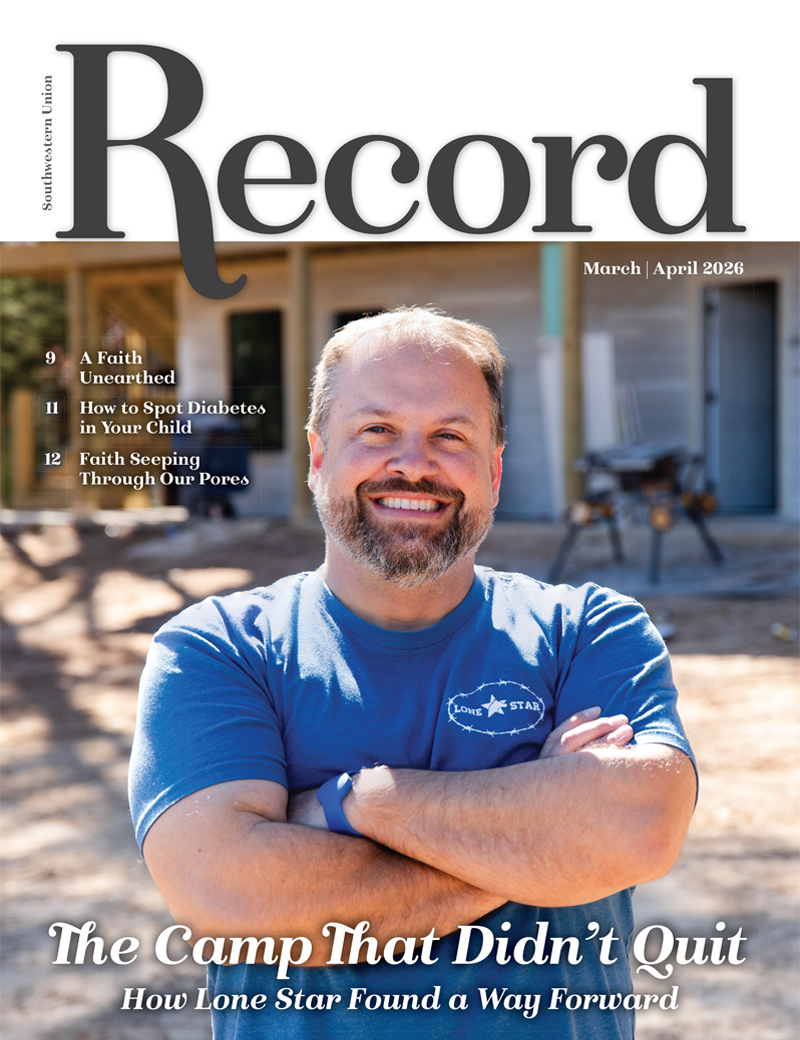Taking an Honest Look

The power behind God’s command to forgive one another is that He has first forgiven us (Ephesians 4:32). The ultimate expression and display of God’s forgiveness is the death of his son Jesus on the cross. His death empowers us to forgive those who have hurt us. Forgiveness is an expression of agape love. Agape is a gift, as the Scripture makes clear in Galatians 5:22: “But the fruit of the Spirit is love” and Romans 5:5: “Because the love of God is shed abroad in our hearts by the Holy Ghost” (KJV). In the same way, while forgiveness is a human decision, it is more fully a Divine capacity received from God.
There are times when we may believe that we have forgiven someone for how they have hurt us. We may have uttered the words, “I forgive you,” but have not done the hard work of going through a process of forgiving. How can we tell if we are just parroting words or have genuinely forgiven?
Consider these realities when true forgiveness has taken place:
There is no longer disease in the relationship. When the person comes to mind, there is no discomfort that arises. Those feelings of bitterness and anger have dissipated.
There is peace in prayer. Have I made the person a subject of prayer? Can I pray God’s richest and choicest blessing on that person, even when my blessing seems absent?
There is humility. Would I die for the person? Another way to ascertain the answer to this question is imagining the following hypothetical scenario.
If Jesus were to say to you, “All the spaces in heaven are taken except one (see how hypothetical this scenario is?). I am down to two people—you and the person who has hurt you the most. I want you to make the choice. Who will go to heaven—you or the person who hurt you?” What is the first answer that comes to mind? No cheating! If it is not the person who has hurt you the most, you can rest assured that you have not forgiven. If this scenario is too “hypothetical” for you to answer, how about this: You and the person who hurt you the most are both in the kingdom. Can Jesus make you next-door neighbors or does the other person have to live across town?
These are serious questions. The purpose of forgiveness is the restoration of communion between two parties, if at all possible. There are toxic people with whom we have to set boundaries, for their sake as well as ours. It takes courage to embrace the truth of our stories of hurt and pain, but it opens the door to new resurrection living. Holding onto bitterness is a death sentence we put on ourselves. Forgiveness involves a change of heart from bitterness to genuine agape love.
Will you ask the God who died for you to give you the gift of love, by His Spirit, for the ones who hurt you (including yourself)? A more complete treatment of the topic of forgiveness can be found in our book Cleansing the Sanctuary of the Heart: Tools for Emotional Healing.
By Beverly and David Sedlacek. Beverly is a private practice therapist and David is a Professor of Family Ministries and Discipleship at Andrews University.


